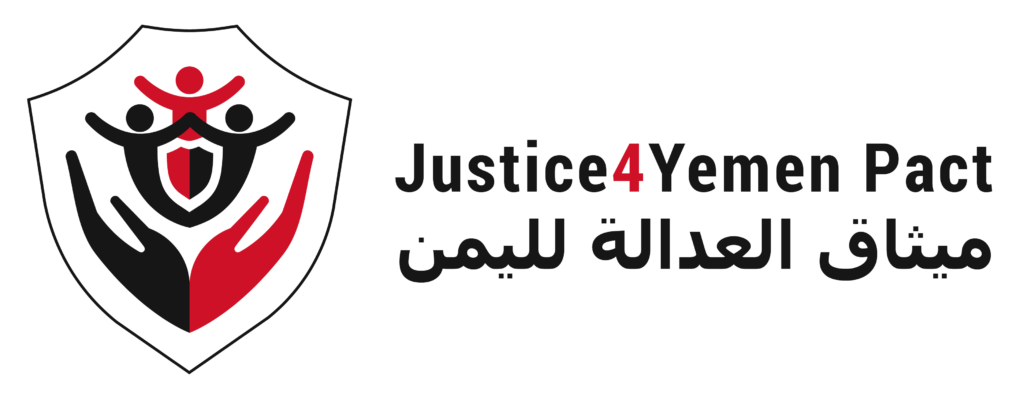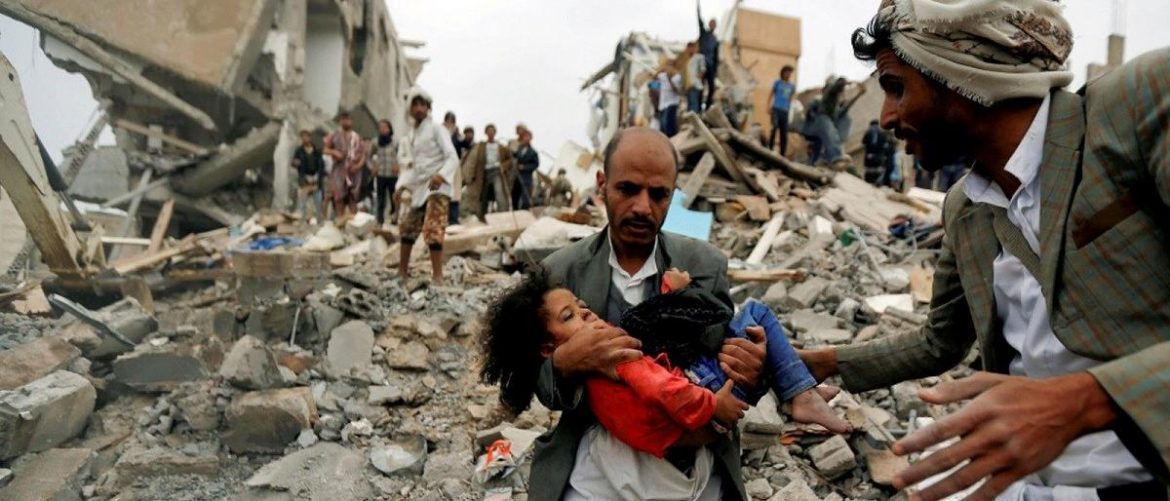A complete protocol for Yemeni civil society looking to integrate trauma-informed care in their work and communities.
The aftermath of conflict and atrocities frequently gives rise to widespread mental health challenges, affecting a significant portion of the population long after the cessation of hostilities. In Yemen, a nation grappling with more than six years of persistent conflict, the already fragile healthcare system teeters on the edge of collapse. The resilience of the population has been profoundly strained by a barrage of indiscriminate attacks, airstrikes, torture, food insecurity, unemployment, cholera, and the added burden of the COVID-19 pandemic. Prior to the most recent conflict, the Yemeni government displayed a notable neglect of its legal obligations to uphold, safeguard, and fulfill the right to mental health. The pre-existing issues of corruption, poverty, and apathy have been further intensified and compounded during the ten years of war, and persistent neglect in realizing the right to mental health for the people of Yemen could have detrimental repercussions on the ongoing peace process and the prospective stability of the region (Alhariri, W., et all. 2021). A Trauma-Informed Approach is essential to conducting ethical human rights work into the Yemen context.
It is imperative to adopt a Trauma-Informed Approach within the Yemeni context to address the mental health challenges effectively for the human rights practitioner to use this approach in working with the victim/survivor.
This protocol is designed to offer guidance to human rights practitioners, journalists, and social workers. The purpose of this protocol is to serve as a tool for these professionals when working with victims and survivors. Following this protocol will help them implement trauma-informed practices in their work and appropriately support their clients and beneficiaries. The Protocol presents fundamental concepts that human rights practitioners can use to:
- Become trauma aware and knowledgeable about the impact and consequences of traumatic experiences for individuals, families, and communities.
- Learn the core principles and practices that reflect TIC.
- Anticipate the need for specific trauma-informed intervention planning strategies that support the individual’s recovery.
- Decrease the inadvertent re-traumatization that can occur from implementing standard organizational policies, procedures, and interventions with individuals, including clients and staff, who have experienced trauma or are exposed to secondary trauma.
- Evaluate and build a trauma-informed organization and workforce.
Read and download the full protocol using the links below.




